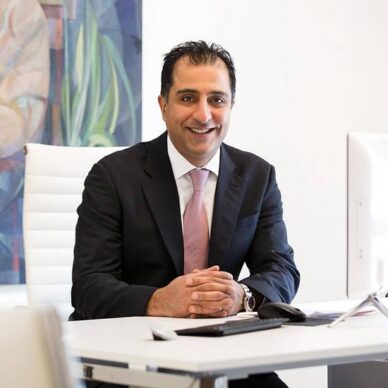Maxillofacial Care At Harley Street
Maxillofacial surgeons are specially trained to treat a wide variety of conditions, from injuries and birth defects to oral cancers and complex dental issues. They perform surgeries to rebuild and restore the face and jaw, improving both appearance and function.
Whether it’s fixing a broken jaw, treating a facial injury, or placing dental implants, their work can make a big difference in your quality of life.
The field combines both medical and dental expertise, allowing surgeons to provide comprehensive care. It’s not just about fixing the appearance of the face, but also about making sure you can eat, speak, and breathe comfortably again. Maxillofacial surgeons are there to help restore both the look and function of your face, which is why their role is so important in improving your overall health and happiness.
Our London clinic is fully equipped for comprehensive oral evaluations, offering advanced imaging, microscopy, and examination facilities. The specialists we collaborate with for blood testing, allergen identification, and tissue analysis provide cutting-edge services.
However, the work of our consultants begins with understanding you. We take the time to learn about your medical history, how you feel about your condition, and how it is affecting your daily life.
This patient-centered approach helps uncover subtle symptoms that may otherwise go unnoticed, supporting the clinical expertise of your consultant and guiding the diagnosis towards effective solutions.
Dental Skills
A Maxillofacial surgeon has expertise in performing complex dental procedures. These may include removing impacted teeth, extracting buried roots, contributing to facial reconstruction, or supporting orthodontic treatment.
Dental implants, prosthetics, bone grafting, and remodelling are all part of this broader approach. When a surgeon is rebuilding a damaged jaw, restoring dental function is a critical aspect of the treatment.
Surgical Skills
Uncommon skills can be required, such as microvascular techniques to transfer tissue, or bone from another part of the body. Trauma can bring unique demands, with delicate fractures, or soft tissue damage.
There are specific conditions maxillofacial surgeons are renowned for treating:
- Jaw disorders, correcting deformity, misalignment, or issues with the joints.
- The removal of benign, or malignant (cancerous) tumours, cysts and lesions.
- Salivary gland surgery, along with the removal of stones from related ducts.
- Correction of cleft lip and palate, or other congenital, facial deformities.
- Reconstructive surgery, following other treatment, or traumatic damage.
Every case is unique and treatment can take place for differing reasons.
Whilst maxillofacial surgery is not as such a cosmetic field, preserving, or improving the way a patient looks is a vital consideration.
Ongoing Professional Development
Continually moving medicine forward is a core aspect of a maxillofacial consultant’s life. They often act as mentors within the medical profession, offer scientific papers, or lecture across the globe.
Skills to benefit patients are shared with less privileged countries to develop services, or within the UK, to meet everyday and unusual situations.
Professor Shakib, the clinic’s lead maxillofacial surgeon, is an internationally respected researcher and mentor, helping to take his critical field of medicine forward. He presents at medical conferences, publishes papers in scientific journals and is currently editor of the British Journal of Oral and Maxillofacial Surgery,

